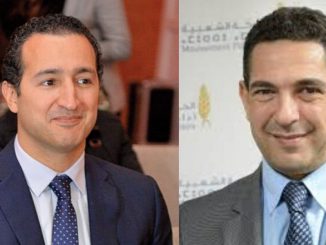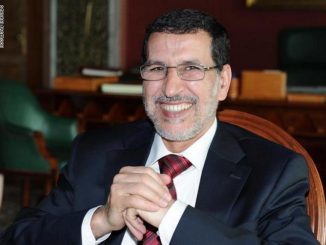
The bill on the reform of the penal code continues to divide the components of the government majority whose leaders are unable to decide on this issue, which has been pending in the House of Representatives for more than four years. The differences are likely to worsen as the PJD (Justice and Development Party) clings to the text drafted by former justice minister Mustapha Ramid. Unlike his successor, Mohamed Benabdelkader is determined not to support a project in which he did not participate and which, moreover, has not been discussed within the current government. In detail, the PJD insists on maintaining the articles on the criminalisation of illegal enrichment and the use of abortion, subject to specific cases. On the other hand, voices are being raised within the USFP (Socialist Union of Popular Forces), as well as in certain parties, to demand that the laws relating to individual freedoms be decided first. The former minister, Mustapha Ramid, who had prepared the draft amendment to the Penal Code (CP), had ignored these provisions by dealing with only 83 articles out of the 600 in the text of the law.
In its Thursday 20 February edition, the daily Al Ahdath Al Maghribia reported that the USFP, which has strongly opposed articles restricting individual freedoms, is not prepared to make the slightest concession on the subject. The justice minister, who is affiliated to it, says that the preparation of a draft amendment to the CP must take into account a penal policy based on “constitutional references and international conventions, as well as the human dimension, especially concerning individual freedoms. A government source stresses that it has become unacceptable to restrict the freedom of adults in private spaces and that these past articles continue to harm Morocco in world reports. It is precisely these articles that have not been amended in the bill prepared by the former Minister of Justice and Freedoms, Mustapha Ramid. The current holder of this portfolio refuses to admit that there is a blockage on the article relating to the criminalisation of illegal enrichment.
This debate, adds Benabdelkader, is artificial and aims to divide society into those who fight corruption and those who are identified as opponents. In fact, the minister continued, the government is working on several anti-corruption laws. According to the same sources, the reluctance to publicly defend the cancellation of the section penalizing adult consensual relationships is based on a fear of worsening relations within the government majority. The adoption of this amendment could have a negative impact on the socialists’ relations with the “brothers” of Saâd-Eddine El Othmani, who refuse to touch these provisions by referring to religious references.




Be the first to comment